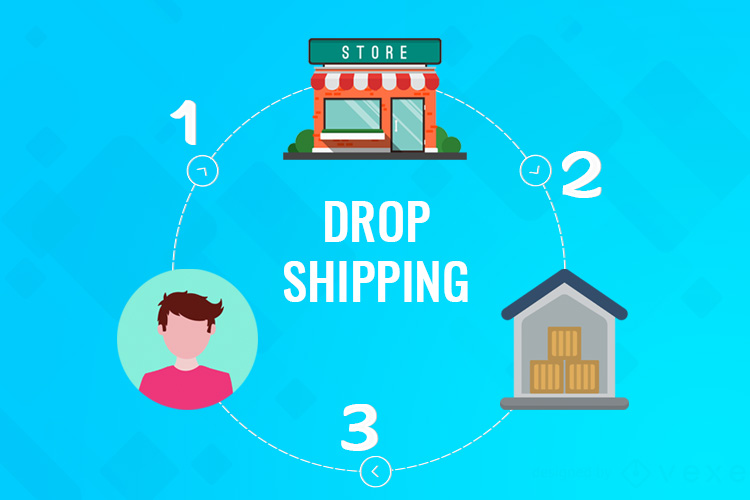
Dropshipping is not for everyone. While many sellers succeed, many others fail. Why? The answer can lie on what types of business sellers are running. So, today we are figuring out what types of business will be best beneficial from the dropshipping model.
Menu:
1. Businesses on a tight budget
In the beginning, sellers do not have to put in too much money to launch a dropshipping business. They don’t need warehouses and spend dollars on stock management. Also, overhead costs (e.g. renting and heating) no longer exists. In addition, today sellers are supported by e-commerce platforms, which offer a wide range of services and tools to run a dropshipping business. Prices they offer vary among different platforms but are often affordable. For example, sellers are able to operate a store on ShopBase at only $19.
2. Amateur entrepreneurs
Technical expertise is not a too big barrier for sellers to start up on the dropshipping market. They can run a store and learn along the way. It is highly recommended that sellers should try to accumulate necessary skills such as online store setting-ups and conversion optimization while running their store.
3. Side hustler
Dropshipping is very suitable for side hustlers, who are doing an extra job apart from their primary job to supplement their income. The business model allows them to run their business whenever and wherever they want, as long as they have stable access to the Internet. They just need to spend a few time after working hours to optimize their website, set up automatic marketing campaigns, and check orders.
4. Businesses with purposes of evaluating product potential
Dropshipping is ideal for businesses wanting to evaluate the potential of a particular product before importing in bulk and building warehouses. This is because this business model allows sellers to test customers’ responses to a type of product without buying it beforehand. Put the products they want to sell in their store and wait for customers’ responses.





